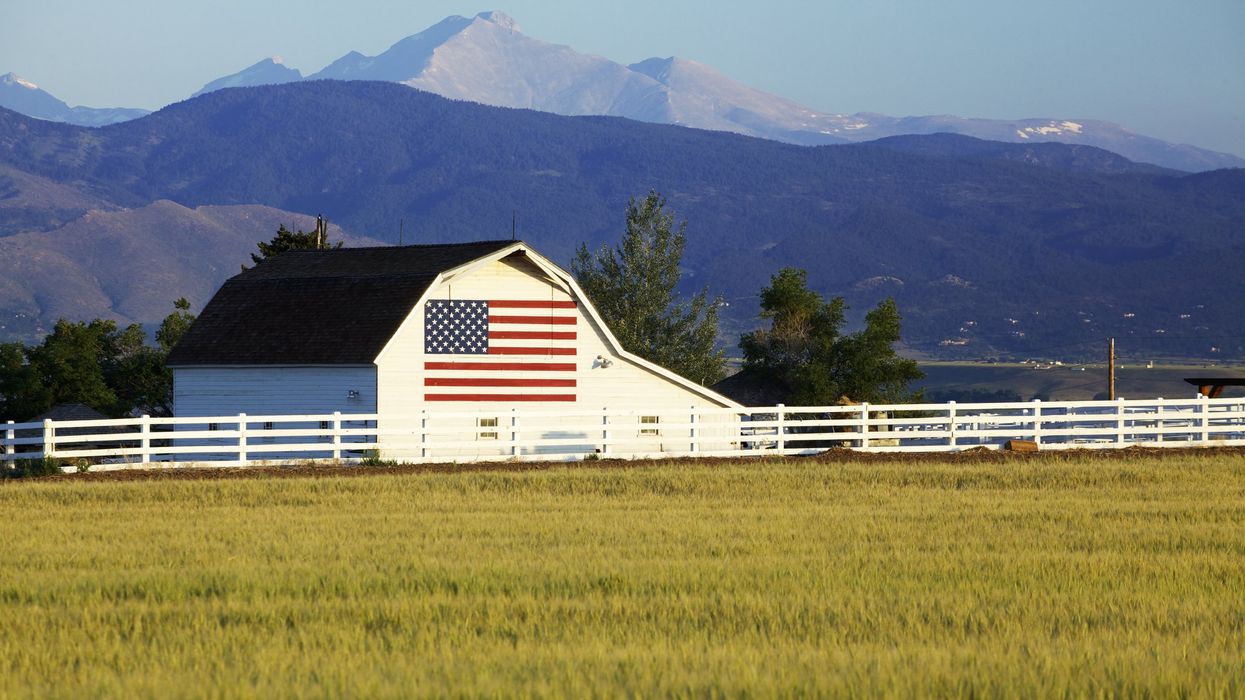
© 2025 Blaze Media LLC. All rights reserved.
Sick of the government using the nation's public parks as pawns in a political battle? Maybe it's time to privatize them...
As the Heritage Foundation has previously pointed out, returning government lands back to the private sector "would increase environmental quality, improve safety, reduce government spending, increase tourism and serve as an economic boon." Sounds good, no?
Reason's Leonard Gilroy has also written on this topic from a cost savings perspective:
The U.S. Forest Service owns more than 156 million acres west of the Mississippi River—an area nearly the size of Texas—making it one of the largest landowners in the West. Letting the states manage this land instead would take up to $5 billion a year off the federal books. It would also devolve decisions about how to use the land to officials who are more accountable to local citizens, be they environmentalists or businessmen.Deficit-riddled states are certainly in no position to purchase this land outright today, but a payback period of 25 to 30 years (as with a standard home mortgage) could make these deals feasible. Once in state hands, some land could be sold off or put to better uses, though there would still be political pressure to keep large portions of it undeveloped. And states could choose to partner with the private sector.
Private companies currently operate the commercial activities—lodges, shops, restaurants, and the like—in such treasured national parks as the Grand Canyon, Yosemite, and Yellowstone. Similarly, the Forest Service makes extensive use of concessionaires to operate and maintain complete parks and campgrounds more effectively and efficiently than government.States could use this model to take on new park lands without absorbing them into their budget. One Forest Service contractor in Arizona recently offered to take over six state parks targeted for closure amid budget cuts. The concessionaire would collect the same visitor fees the state charges today while taking the operations and maintenance costs off the state’s books entirely. Further, the company would pay the state an annual “rent” based on a percentage of the fees collected, turning parks into a revenue generator instead of a money eater.
Devolving federal land to states could begin with pilot programs in select states to test the model and refine best practices. Once perfected, the process could be extended throughout the Forest Service and then replicated in the Bureau of Land Management, which owns roughly the same amount of Western land and costs taxpayers another $1.1 billion a year.
Want to leave a tip?
We answer to you. Help keep our content free of advertisers and big tech censorship by leaving a tip today.
Want to join the conversation?
Already a subscriber?
more stories
Sign up for the Blaze newsletter
By signing up, you agree to our Privacy Policy and Terms of Use, and agree to receive content that may sometimes include advertisements. You may opt out at any time.
Related Content
© 2025 Blaze Media LLC. All rights reserved.
Get the stories that matter most delivered directly to your inbox.
By signing up, you agree to our Privacy Policy and Terms of Use, and agree to receive content that may sometimes include advertisements. You may opt out at any time.





